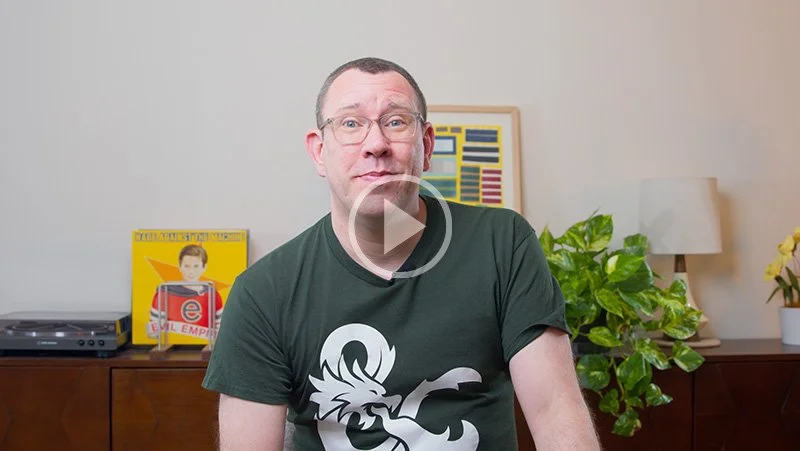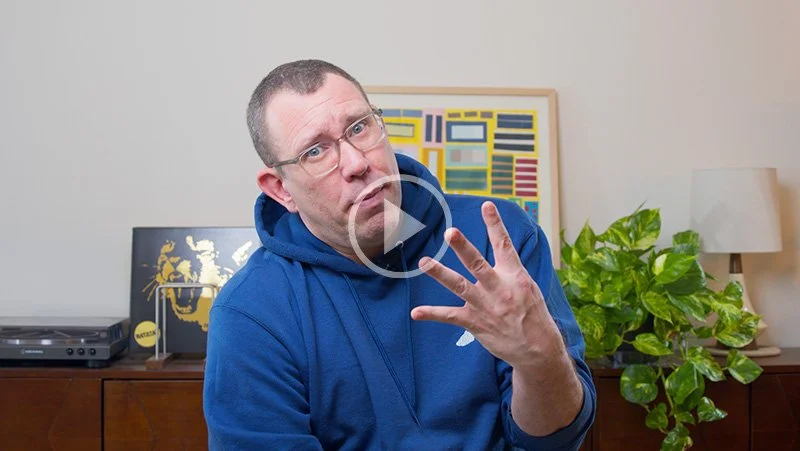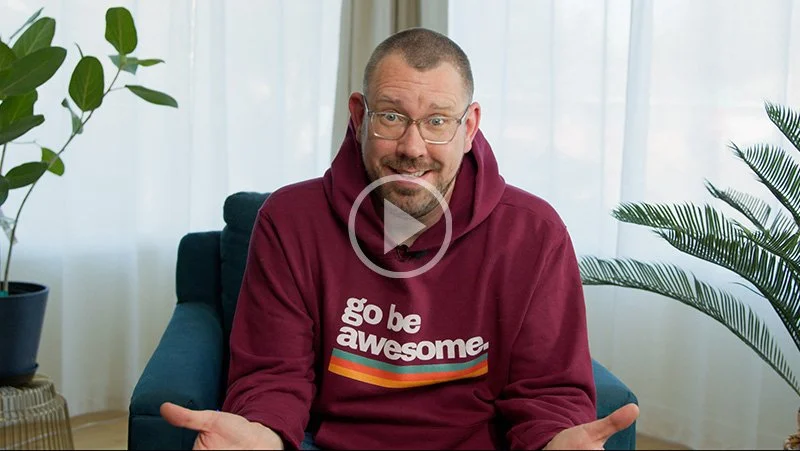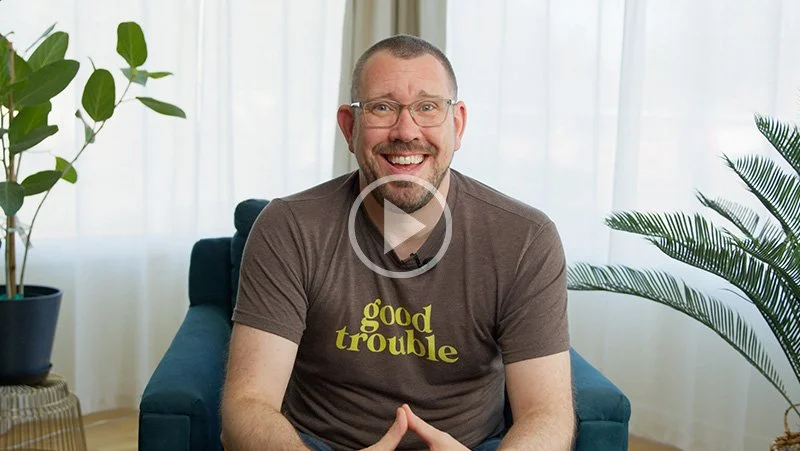How to Deal with Tough Feedback
Welcome to the #culturedrop. Every Tuesday, Galen Emanuele emails tools to advance leadership skills, team culture, and personal growth. No spam, just great content. Sign up now to get it in your inbox.
Today I’m talking about receiving tough feedback, and this blog is true whether you’re dealing with personal or professional relationships, but today specifically I’m talking about at work.
There are two choices when you receive tough feedback.
1. I can take it as a personal attack.
Somebody gives me rough feedback or something that's really hard for me to hear, I can choose to receive that as a personal attack or a jail sentence. I can receive that information as, "You're bad at this thing," and now I've been exposed, and there's a lot of shame, or embarrassment, or defensiveness. I can choose to respond by pushing back and saying, "No, that's not true," or "Oh no, I'm bad at this thing."
That is a really destructive place in your mind to see feedback, as this criticism or a jail sentence, or you've been exposed as being terrible at something.
2. I can take it as something I can improve.
The other side of receiving negative feedback, the other mindset that I think is so important to adopt has to do with growth mindset.
When I receive feedback about my performance, behavior, to just see that as something I can improve.
I see it as an opportunity, it's not a personal attack. This person, just because they don't think I'm a good listener, or my performance is lacking, it doesn't mean that that's permanent. It's something I can improve.
I feel strongly that feedback is a gift from other people, and particularly feedback that's really hard to hear is a godsend.
First of all, the person giving you feedback is courageous or honest enough to share that information with you. Even if that person is sharing it without tact, or they're doing it in a way that is hurtful, but not necessarily on purpose, for you to view it as, "This is something I can improve. I can get better at that thing," and the way to respond to it directly is not to defend or deflect or try to prove that person wrong.
“A lot of the time when we hear feedback that we don’t like, we put our energy into changing that person’s opinion, we respond in a way that puts us in a better light, or we try to negate that or defend against it.”
I just had a conversation with a team about this the other day: A lot of the time when we hear feedback that we don’t like, we put our energy into changing that person’s opinion, we respond in a way that puts us in a better light, or we try to negate that or defend against it.
Instead, if we took that energy and just focused on trying to change that person's experience with us, right now, it's on me. What can I do to make that better?
I have a blog about this: "Tell me more about that" is the greatest way to respond when someone's like, "Hey, here's some harsh feedback," immediately being a space of curiosity.
“When somebody else is giving you feedback, whether it’s true or not, cosmically, is not as relevant as the reality that that’s this person’s experience with you.”
Respond with, "Tell me more about that. Where are you coming from? What does that feel like? What does that look like? I want to understand so that I can make changes. I can make differences."
Read the blog: “5 Words That Will Level Up Your EQ”
Again, when somebody else is giving you feedback, whether it's true or not, cosmically, is not as relevant as the reality that that's this person's experience with you, that you are not a good listener, that you shoot down their ideas, whatever the feedback is.
What if you’re an employee put on a PIP (Performance Improvement Plan)
A sub piece of this is what do you do as an employee if you're put on a PIP, or your boss says, "Hey, if this doesn't turn around, your job is at stake."
“Tough feedback is a chance for you to highlight some blind spots.”
There's only one really productive, proactive way to respond to that and that is lean into it, dive in, ask for help, for clarity. Show up and say, "Hey, tell me exactly what it needs to look like to improve," and be in that space where I want to get better, I want to do this thing, communicate, lean into that. It's important and a really masterful mindset to not see those things as an attack, as a criticism, but an area of opportunity to improve.
Fortunately, it's a chance for you to highlight some blind spots. You might not be aware of the impact that you're having on somebody else, or how you're coming across to somebody else from the outside. So, see it as a gift.
Lean into it, be proactive. You don't have to have an opinion about it. Just focus on what is the solution, How can we improve this? How can we make this better?
Want more?
This article was created by Galen Emanuele for the #culturedrop. Free leadership and team culture content in less than 5 minutes a week. Check out the rest of this month's content and subscribe to the Culture Drop at https://bit.ly/culturedrop







